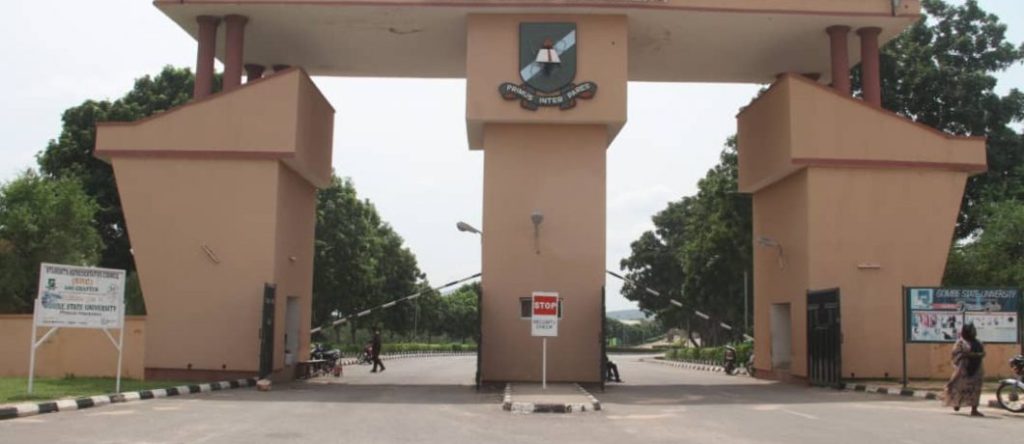The Academic Staff Union of Universities (ASUU) at Gombe State University has raised serious concerns about the ongoing disregard for the university’s established laws regarding the appointment of a Vice-Chancellor. The controversy stems from the October 16, 2024, appointment of Professor Sani Yauta as acting Vice-Chancellor by Gombe State Governor, Muhammadu Yahaya. This appointment bypassed the three nominees put forward by the university’s Governing Council on September 14, 2024, a clear violation of the university’s 2018 laws, which stipulate a single five-year term for the Vice-Chancellor and require the Governing Council to submit three nominees to the visitor (the Governor) for appointment.
ASUU contends that appointing an acting Vice-Chancellor, especially when a qualified candidate has not been chosen from the recommended nominees, jeopardizes the university’s stability and operations. The union argues that the Governor’s actions not only contravene the university’s laws but also set a dangerous precedent for future appointments. Further compounding the issue is the government’s decision to re-advertise the Vice-Chancellor position, effectively nullifying the previously completed selection process, which ASUU deems an arbitrary and harmful act. This disregard for established procedures undermines the integrity of the appointment process and raises questions about the government’s commitment to upholding the university’s autonomy.
The union has appealed to influential figures, including traditional rulers, religious leaders, and other stakeholders, to intervene and urge the government to reconsider its decision. They advocate for the appointment of a substantive Vice-Chancellor from the initially recommended list to restore order and avoid further embarrassment to the university. The insistence on a substantive appointment stems from the belief that an acting Vice-Chancellor lacks the full authority and stability needed to effectively lead the institution. ASUU emphasizes the importance of adhering to established procedures to prevent further confusion and potential legal challenges.
ASUU also highlights the bewilderment of the Governing Council, whose recommendations were disregarded. The council is uncertain about its role in the re-initiated selection process, especially given its impending expiration of tenure on January 17, 2025, just three days after the deadline for applications for the re-advertised Vice-Chancellor position. This tight timeline raises several crucial questions. Can a council whose term has ended legitimately oversee the appointment of a new Vice-Chancellor? If a new council is appointed, will it be expected to continue the process initiated by its predecessor? Will involving two councils in the appointment process affect the appointee’s ability to effectively manage the university? These uncertainties underscore the potential for further disruption and instability caused by the government’s actions.
ASUU’s primary concern lies in the potential for escalating chaos and the erosion of the university’s governance structure. The union questions the rationale behind discarding the completed selection process, especially when it was conducted according to established laws. They express concern that the disregard for due process could lead to individuals resorting to self-serving actions to pursue personal interests, further destabilizing the university. ASUU emphasizes the need to uphold the university’s laws to prevent such a scenario. The union believes that adherence to established procedures and respect for the university’s autonomy are essential for maintaining order and ensuring the institution’s smooth functioning.
In conclusion, the ASUU at Gombe State University vehemently opposes the government’s handling of the Vice-Chancellor appointment process. They argue that the appointment of an acting Vice-Chancellor, the disregard for the Governing Council’s recommendations, and the re-advertisement of the position violate established university laws and create unnecessary confusion. ASUU calls upon the government to rectify the situation by appointing a substantive Vice-Chancellor from the original list of nominees, respecting the university’s autonomy, and upholding the rule of law. They warn that failure to do so could lead to further instability, potentially jeopardizing the university’s future and academic integrity. The union’s appeal to influential stakeholders underscores the gravity of the situation and the urgent need for a resolution that respects the university’s established governance structure.


